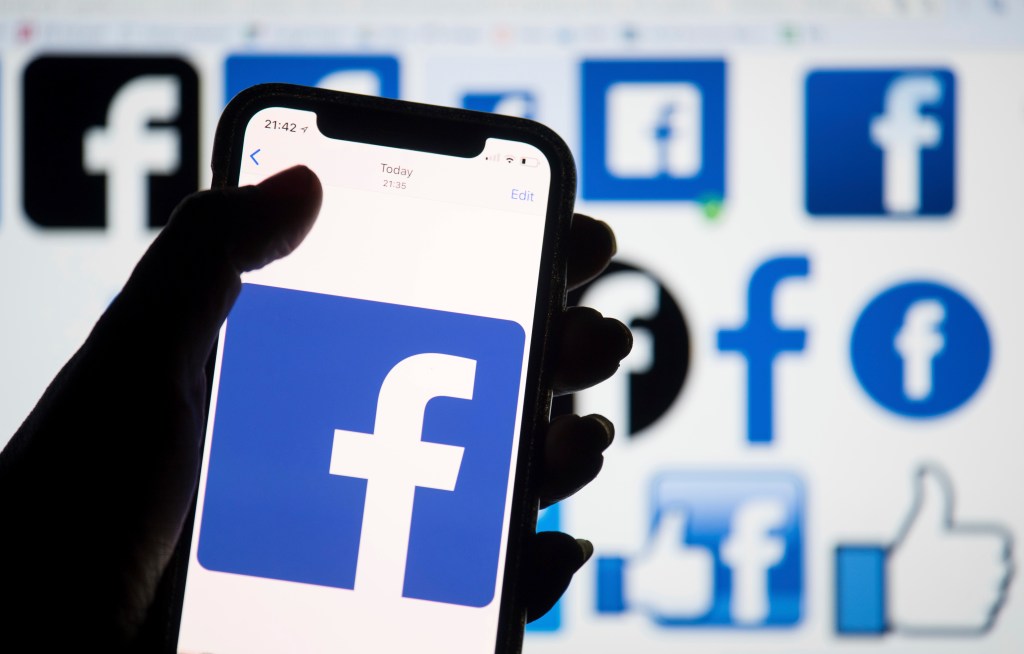Reuters, The Guardian, the Washington Post, Deadspin, and even Reddit photoshoppers have turned the spotlight onto FIFA’s biggest sponsorship partners in the wake of FIFA President Sepp Blatter’s re-election despite international investigations into the organization’s business dealings. If only the sponsors began abandoning FIFA in droves, the theory goes, FIFA will be forced to change. But FIFA isn’t as beholden to its corporate sponsors as one would think.
For any message of substance to be sent, almost all major corporations across the globe will have to work in concert—or, to use a dirtier word, collude—to tell FIFA that their most lucrative partnership slots will remain vacant until they clean up.
Videos by VICE
Read More: What Does Blatter’s Reelection Mean for the Future of Soccer? Unfortunately, Not Much
As a hypothetical, let’s say Adidas, Coca-Cola, Hyundai, and Visa all tell FIFA they’ve had enough and end their partnerships. The only major FIFA sponsor left would be the notorious Russian natural gas company Gazprom, whose spokesman recently said FIFA’s legal troubles won’t affect their partnership. So Gazprom isn’t going anywhere, and why would they? The company’s ties to Putin are well-documented, and Russia will host the 2018 World Cup.
As for the other lost revenues, perhaps Blatter flies to Doha and tells the Qatari royal family that supporting them has cost FIFA a billion dollars. At this point, it’s easy to imagine the Qataris compensating FIFA for their lost revenue. Maybe the entire 2018/2022 World Cups would be brought to you by Gazprom and Qatar Airways.
But more importantly, sponsors aren’t FIFA’s largest revenue stream. Broadcast rights to the World Cup account for almost two-thirds of FIFA’s World Cup revenue. According to the marketing consulting firm Analytic Partners, FIFA generated about $4 billion during the 2014 World Cup: $1.4 billion (35 percent) came from sponsorships, and $2.6 billion (65 percent) for broadcast rights (despite being a not-for-profit, FIFA isn’t required to publish financial statements, thanks to Swiss law). But TV rights-holders won’t back out because, for one, it would be legally dubious—they signed contracts. But more to the point, it would cost them a lot of money. After all, it’s the World Cup, the single most popular event on the planet.

Anyone else thirsty all of a sudden? Photo via Mark J. Rebilas-USA TODAY Sports
Which brings us to the simplest reason why sponsors won’t back away from FIFA: they were never investing in FIFA’s ethics. Despite FIFA bouncing between scandals for decades, sponsors still sign on the dotted line for nine-digit deals for a very simple reason: people still watch.
In December, I spoke with Stephen McKelvey, associate professor in sport management at the University of Massachusetts about this subject, and he told me, “Ultimately, [the sponsors are] buying the fans.”
Of course, fans are even less likely than sponsors to boycott in droves because we still love soccer. So what now?
The answer might be that we demand sponsors continue financially supporting FIFA, but exercise their partnerships to bring about positive change.
For example, Verizon CEO Lowell McAdam responded to calls to drop the NFL after numerous domestic violence scandals by emphasizing that more engagement with the issue is necessary, not less. Since 1997, Verizon has invested in anti-domestic violence programs and leveraged its experience with the NFL. McAdam wrote, “Because of our long-standing commitment to this issue, we believe we can be far more effective in preventing domestic violence by remaining in the arena with our partners at the NFL, rather than backing away from the controversy.”
This is the attitude FIFA partners need to have. Demand that they invest in programs to help migrant workers in Qatar to the extent that it’s possible, or in initiatives to get the laws changed. Remove FIFA as an intermediary between corporate partners’ tremendous financial influence and the actual issues. While pleading with profit-motivated corporations to actively improve a moral and legal catastrophe is hardly an ideal solution, it’s still more attractive than relying on FIFA to suddenly develop a conscience. The answer is not to ask sponsors to run away, but to demand they help.



